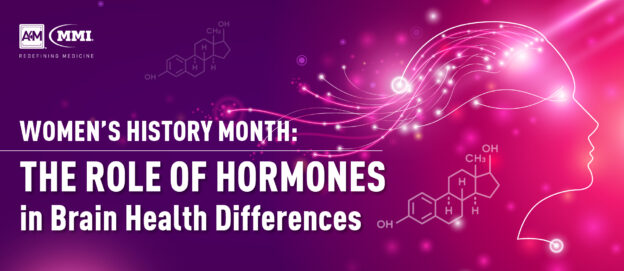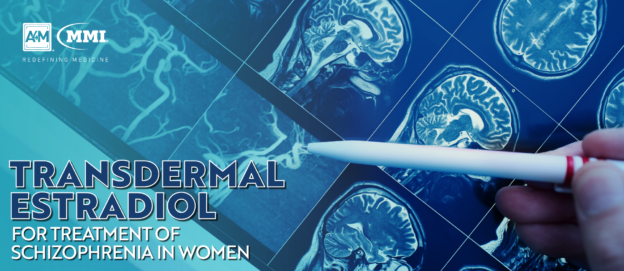
The American Cancer Society estimates that over 266,120 new cases of invasive breast cancer are diagnosed within the U.S. each year. Of these new cases, approximately 40,500 patients will not survive. While extensive research efforts have been taken to counter this destructive disease, still more work in the field of oncology remains to be completed.
Recent research has begun to explore the genetic causes of breast cancer. Studies have found that when a patient’s cancer is caused by an inherited genetic mutation, he or she may have an increased risk of other cancers. Out of the 12.5% of women at risk for breast cancer in the U.S., 10% are hereditary. For these patients, treatment recommendations will likely differ based on their respective genetic makeup.
Women found to have smaller risk genetic mutations are likely to benefit from earlier mammogram screenings than those recommended for the general population. As traditional mammogram guidelines are solely based on age, most insurance plans do not provide women with screening coverage until age 35. For many women, therefore, the optimal window to detect early stages of breast cancer has already passed before they are eligible to receive screenings.
In light of these findings, some researchers argue that breast cancer screening guidelines should be modified and/or revised. Adapting new guidelines would allow physicians to detect a higher number of breast cancer cases, before they progress to more critical, life-threatening stages.
Dr. Otis Brawley, Chief Medical Officer of the American Cancer Society, explains that additional genome testing would benefit not only potential cancer patients, but also those of other diseases: “This type of genome-wide screening is being used to identify genes that are associated with increased risk of a number of diseases, including diabetes, Alzheimer’s disease, stroke, and heart disease.”
A4M is continuously working to discover and promote innovative research and studies in order to diagnose, treat, and prevent cancer & various forms of chronic disease. For more clinical education, regarding treatments & therapies surrounding cancer, register now for our Integrative Cancer Therapy Fellowship.
1Scutti, Susan. CNN.com. Breast Cancer Genetics Revealed. 72 new mutations discovered in global study. http://www.cnn.com/2017/10/23/health/72-new-breast-cancer-mutations-study/index.html. October 23, 2017. Accessed October 24, 2017.



